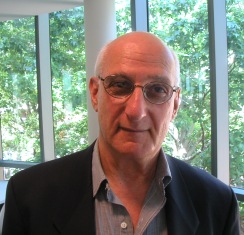A Quote by Howard Gordon
In a novel, the relationship between writer and reader is such a pure one.
Related Quotes
We must be forewarned that only rarely does a text easily lend itself to the reader's curiosity... the reading of a text is a transaction between the reader and the text, which mediates the encounter between the reader and writer. It is a composition between the reader and the writer in which the reader "rewrites" the text making a determined effort not to betray the author's spirit.
I've long come to the conclusion that when people say they can't put a book down, they don't mean they're interested in what's happening next; they mean they are so mesmerised by the writer's voice and the relationship that has been established that they don't want to break that. That's what I feel when I read, and I'm sure now that that's what's going on in the relationship between the reader and the writing.
Now, as a reader, you shouldn't feel the decisions the writer makes about this DNA, or it would be boring beyond belief. But, as a writer, you're struggling to make these decisions. What should the title be? What's the first line? The point of view? And the struggle with the decisions is because you're trying to figure out WHAT IS THE NOVEL, WHAT IS THE NOVEL?



































